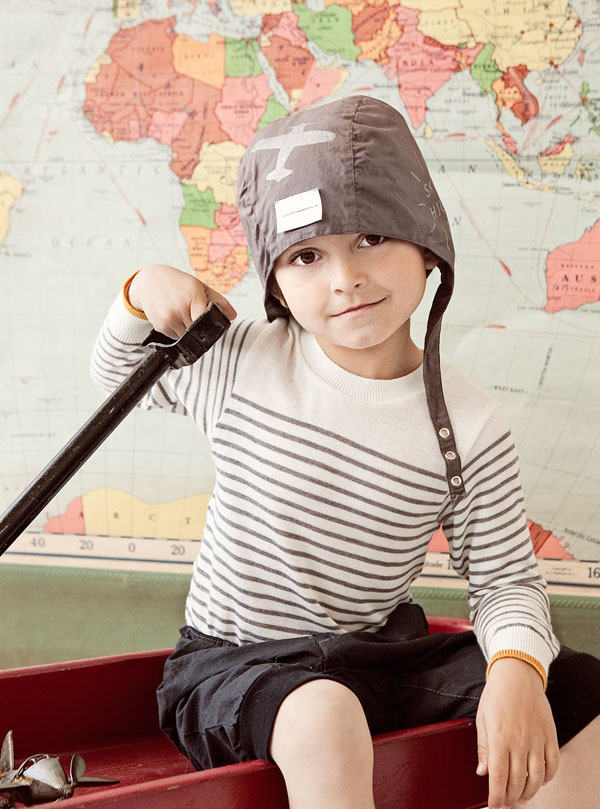
But I persisted. I covered my room with maps, I plotted trips across seas and sand, and I thirsted for when I could escape my suburban comforts and discover the world. I believed that life’s most potent lessons could be found only by scaling the world’s tallest mountain, spelunking to the depths of ancient caverns, or winding through dilapidated passageways towards the unknown. I imagined education as an ever-illusive spirit that I would spend my days chasing down dark alleys, racing around corners, or searching for in the spots the cartographers had left blank.
Years later, as I continued to learn, as I explored libraries and books, as I learned more languages, I realized that I had been mistaken. Language could expand and contract to bridge spaces that our physical reality could never allow. Literature could transport me across those same seas and sand, shoot me up to the top of the mountain, and plunge me to the bottom of caves. Beyond the literature itself, I learned that the classroom, the discussion table, the desk between a student and a teacher—these spaces could contain multitudes.
Working at BookEnds, I feel the explorer in me revel each day. Each time I give a child a book through BookEnds, I am giving them a new world.
Casey Boersma
BookEnds Intern

.jpg)
